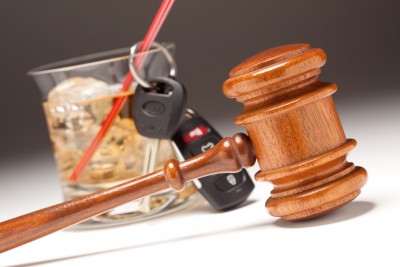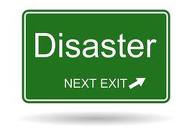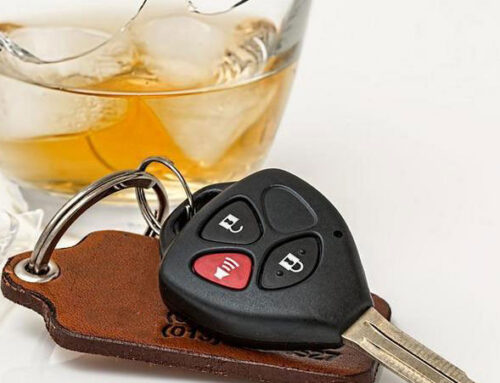William W. Hurst
Drunk Driving kills! Everyone knows that and as a society we have “cracked down” on drunk driving in the last 40 years. As a result less drunk driving accidents are happening and less senseless injuries and deaths are occurring but what about drugged driving? The National Highway Traffic Safety Association (NHTSA) recently released two studies which indicate drugged or high driving may be on the rise. What is not clear is whether or not drugged driving causes car accidents. The NHTSA has said more studies will follow due to marijuana being legalized in several states, but at this time we aren’t sure. So what do the reports say exactly?
Drunk Driving
The Roadside Survey of Alcohol and Drug Use by Drivers began in 1973 and gathers data concerning how many people drive under the influence of alcohol or drugs. The good news is the 2014 reports showed that Drunk Driving has decreased by 75% since 1973 when the first study was conducted and by nearly 33% since the last study was conducted in 2007.
Only 8% of drivers during weekend nighttime hours were found to have any alcohol in their systems and just over 1 % were found with 0.08% or higher breath alcohol Level (BAL) – the legal limit in every state. So o
The fight against drunk driving has been ongoing for nearly 40 years and has proven to be highly successful. The reason the fight began is due to the astounding effects alcohol has on your ability to drive. Studies have shown that drivers who are over the legal limit of .08% Breath Alcohol Level (BAL) are 4x more likely to crash than a sober driver. Even worse, drivers with an alcohol level of .15% are 12x more likely to be involved in a crash than a sober driver. So the fact that in just 40 years drunk driving has decreased by nearly 75% is incredible but the fight is not over.
Drugged/High Driving
While the fight against drunk driving has been highly successful, the fight against high driving is just beginning. As stated above drunk driving has seen a significant decrease in the last 40 years and even in the last 8. Drugged/High driving on the other hand has increased significantly over the last 8 years.
Approximately 20% of drivers tested positive for at least one drug (legal and illegal) in 2014, up from 16.3% in 2007. The most prevalent drug was marijuana which was found to be in the system of 12.6% of drivers, an increase from the 8.6% in 2007. This increase is likely attributable to many things including the legalization of marijuana in several stat
While marijuana users are approximately 25% more likely to be involved in a car crash, many studies have attributed that increase to other facts such as age and gender. Most of those who were found to have marijuana in their systems were young males, who are already more likely to be involved in car accidents, so the study was inconclusive as to whether marijuana causes car accidents. For this reason the NHTSA has stated it will continue to research the issue.
CONTACT AN EXPERIENCED CAR ACCIDENT LAWYER
If you or a loved one was injured in a car accident contact an Experienced Indianapolis Car Accident Attorney immediately. Injuries resulting from car accidents require quick and experienced legal and investigative response to preserve any evidence and help present your case in the best light possible. Our Indianapolis Personal Injury Lawyers are experienced at helping those injured receive the financial compensation they need after their injuries. If you or a loved one was injured in a car accident contact the Attorneys at the Indianapolis Law Office of William “Bill” Hurst or call us toll free at (800) 636-0808 for a free consultation. .¡Hablamos Español!





